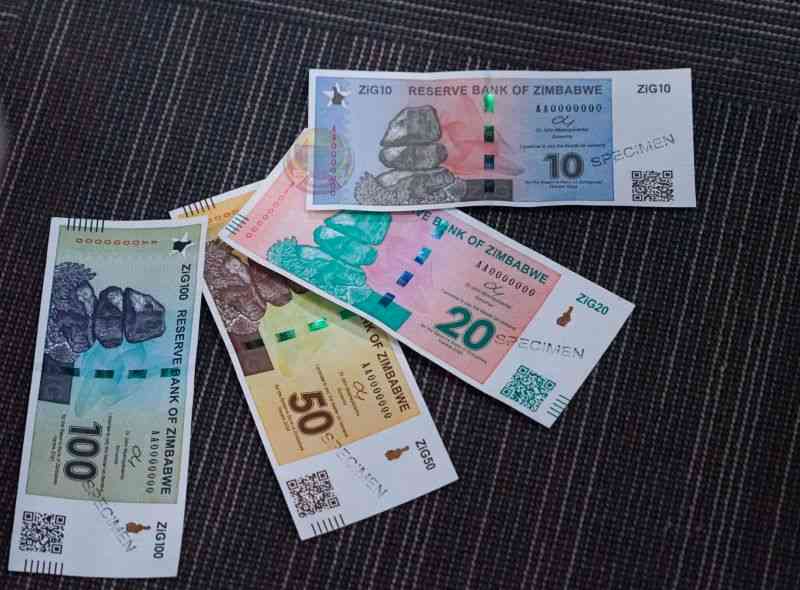
A technocrat who transformed Angolan state oil firm Sonangol into a multinational player, Manuel Vicente is tipped as the likely successor to long-serving President Jose Eduardo dos Santos following his appointment to an important cabinet post.
After 12 years at the helm of Sonangol, the 55-year-old on Monday became Minister of Economic Coordination, a role analysts say may well be grooming him to take over the reins when dos Santos finally decides to step down.
Dos Santos, 69, has held sway in Africa’s second-largest oil producer for 32 years – a tenure eclipsed in Africa only by Equatorial Guinea’s President Teodoro Obiang Nguema Mbasogo – and has given few clues as to his plans for succession.
“This move is an indication the president has taken all the steps he can to get Manuel Vicente ready to inherit the presidency,” said Sebastian Spio-Grabrah, chief analyst at frontier markets and political risk consultancy DaMina Advisors.
Speculation about Dos Santos’ intentions took hold in September when the weekly Novo Jornal cited ruling MPLA party sources as saying he had chosen Vicente to succeed him before or after an election due later this year.
The chatter quietened down when Vicente was reappointed in December but Monday’s appointment is bound to revive it.
“It could be seen as part of a grooming process for Dos Santos’ favoured successor by broadening his expertise and bureaucratic standing within the MPLA beyond just oil,” said Philippe de Pontet, an analyst at political risk consulting firm Eurasia Group.
That perception will deepen if Dos Santos selects Vicente as
- Chamisa under fire over US$120K donation
- Mavhunga puts DeMbare into Chibuku quarterfinals
- Pension funds bet on Cabora Bassa oilfields
- Councils defy govt fire tender directive
Keep Reading
No. 2 on the list of MPLA candidates for the election.
The ballot, due in the third quarter, will be only the second since the end of a 27-year civil war in 2002.
Under a constitution approved in 2010, the person heading the list of the winning party in parliamentary elections becomes president. With Dos Santos almost certain to lead and win, the real interest lies in his choice for the second spot.
RESISTANCE FROM PARTY VETERANS
“Vicente’s selection remains a big ‘if’, considering deep-seated ambivalence about him among MPLA veterans, who see him as a newcomer who has not yet paid his dues,” De Pontet added.
Vicente obtained a degree in electronic engineering from Luanda’s Agostinho Neto University in 1983, and joined Sonangol in 1991 after a stint at the oil ministry’s technical department. He rose to the Sonangol top spot in 1999.
However, he has only been a member of the MPLA’s political bureau since late 2009. DaMina’s Spio-Grabrah said some senior MPLA members would prefer a career politician to succeed dos Santos, or somebody with close links to the military.
Still, Vicente’s achievements at Sonangol have made him powerful player in Angola’s economy, not least because of his close links to the international oil firms that keep the dollars flowing.
Under his tenure at Sonangol, Angola’s oil output doubled, and is expected to surpass 2 million barrels a day in 2014, putting it only narrowly behind Nigeria, Africa’s biggest producer.
He also led the expansion of the company’s exploration to Brazil, Venezuela, Iraq and Iran, and turned Sonangol into a ‘de facto’ sovereign wealth fund by buying stakes in large Portuguese companies.
However, he has often been accused — like his boss — of avoiding public scrutiny and Sonangol remains cloaked in secrecy, compounding concerns from human rights groups about graft and misuse of billions of dollars of state oil revenue.
His new ministerial role is likely to give him wide economic policymaking powers, and he will report directly to Dos Santos, but analysts do not expect any drastic changes.
“On economic policies, I don’t see him making massive changes,” Samir Gadio, emerging market analyst at Standard Bank said. “Sonangol is a key piece in Angola’s macro-political framework, so it’s not an outsider coming into the circle.”











